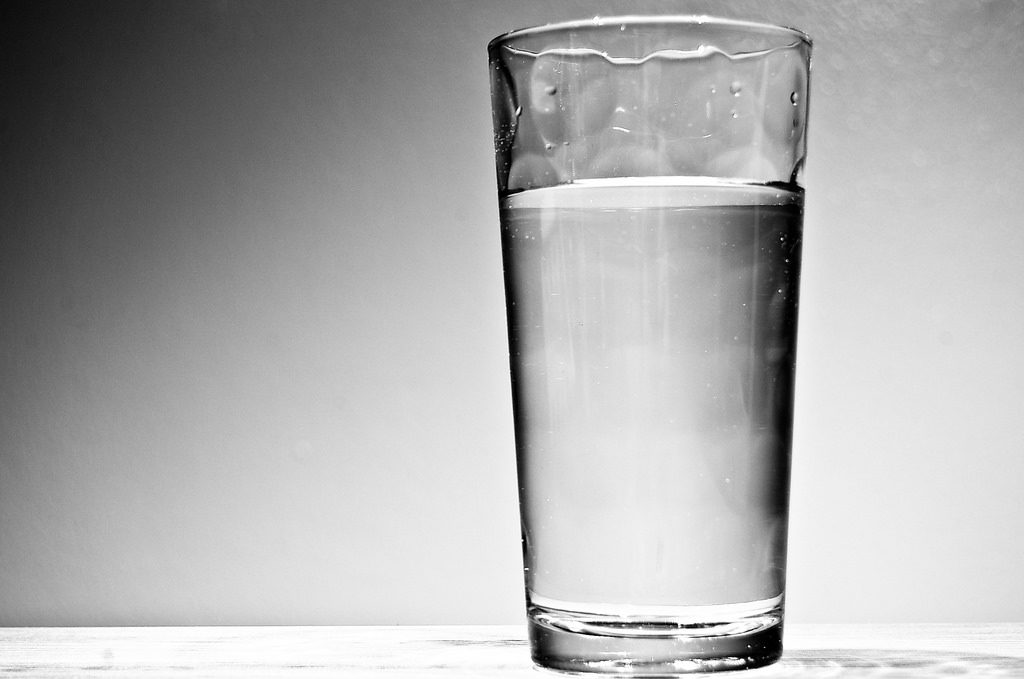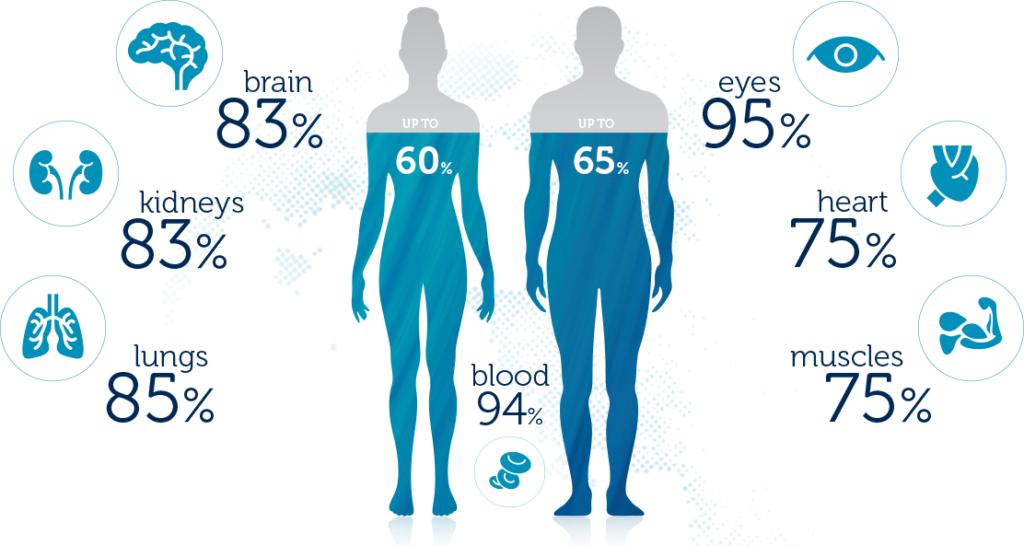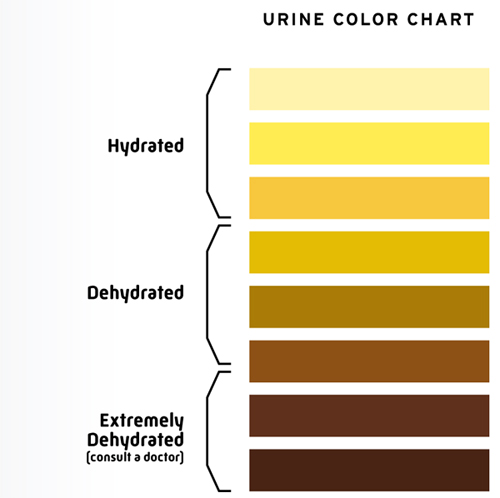 “OW OUCHHHH!!!!!” It’s 2 AM and my husband, Kyle, is hobbling on one leg, enduring the pain of an intense leg cramp in the other. “What is going on!!?,” I say insensitively, wishing he hadn’t woken me up (especially since we already have two toddlers filling that role), vowing to figure out his issue in the morning. Come morning, I do my detective work. The athlete in me immediately thinks of an electrolyte imbalance… “Magnesium! It’s got to be magnesium.” This super important mineral is involved in over 300 biochemical reactions in the body, after all… including maintaining a healthy immune system, blood pressure, strong bones, blood glucose levels, and normal nerve and muscle function. So the next few nights, Kyle took 300 milligrams of magnesium glycinate before bed, but only saw a mild improvement in cramping.
“OW OUCHHHH!!!!!” It’s 2 AM and my husband, Kyle, is hobbling on one leg, enduring the pain of an intense leg cramp in the other. “What is going on!!?,” I say insensitively, wishing he hadn’t woken me up (especially since we already have two toddlers filling that role), vowing to figure out his issue in the morning. Come morning, I do my detective work. The athlete in me immediately thinks of an electrolyte imbalance… “Magnesium! It’s got to be magnesium.” This super important mineral is involved in over 300 biochemical reactions in the body, after all… including maintaining a healthy immune system, blood pressure, strong bones, blood glucose levels, and normal nerve and muscle function. So the next few nights, Kyle took 300 milligrams of magnesium glycinate before bed, but only saw a mild improvement in cramping.
The Cramp Culprit
The lack of improvement left one big, glaring deficiency to attack next: DEHYDRATION. “Are you SURE you’re drinking enough water?,” I say annoyingly, with both of us knowing the true answer. The fact is, I see his pee in the morning. [TMI? Well, for those of us married folk, it’s inevitable sometimes!] And it’s often dark yellow… a sure sign of underhydration. Ironically, I had purchased an extra beloved 40 oz. Contigo water bottle, so I shoved it into his hands and plead him to DRINK. MORE. WATER. Like 3 – 40 oz. water bottles a day, based on my simple calculations. After diligently drinking his quota for the next several days, he has had ZERO cramps. Zero!! He’s still forming his consistent water drinking habit, but hopefully, he learned his lesson about hydration. Since it’s likely that you’re underhydrated – because up to 75% of Americans may be chronically dehydrated – here are the quick facts to improve your hydration and upgrade your overall health!
The What on Hydration
Hydration is so important because we are mostly water! Water helps with thermoregulation, circulation, digestion, joint lubrication, waste removal, neurologic functioning, etc.! Note the image below, which shows the vast water make-up of the body. To encourage people to drink water you can use branded bottled water with a message, brand or logo.

Why to Hydrate!
The benefits of being well-hydrated include:
- Stable blood sugar (= stable energy!)
- Better elimination of toxins (= healthier liver!)
- Healthier heart function
- More supple skin
- Better temperature management
- Improved muscle and joint function
- Improved endurance and recovery
Yes, please, right!? Who knew water was like a free miracle drug?
…and Why to Avoid Dehydration
On the contrary, dehydration can cause:
- Fatigue
- Headaches
- Muscle cramps
- Thirst
- Dry skin
- Nausea
- Dry mouth
- Few or no tears
- Low blood pressure
- Low blood sugar
- Reduced endurance, cognition, and strength
Hydration Markers
Besides having the symptoms of dehydration above, these additional hydration markers can help give you a status update on your hydration:
- Check your pee: The lighter your pee, the better hydrated you are. See picture below!
- “Tenting:” Pinch the skin in the middle of you hand and pull it up. If it remains elevated after pulling it up, it signifies dehydration.
 For athletes, if you’re well-hydrated going into training/competition, it can be helpful to weigh yourself before and after practice to stay on top of how much water you lost. For every pound lost, drink 16 – 20 ounces of water.
For athletes, if you’re well-hydrated going into training/competition, it can be helpful to weigh yourself before and after practice to stay on top of how much water you lost. For every pound lost, drink 16 – 20 ounces of water.
What to Drink
Step away from the sugary drinks, sports drinks, and soda! Besides containing WAY too much sugar, additives, and chemicals, these types of drinks can sit in your stomach and cause sloshing. They can actually can have a net dehydrating effect as well, because they pull stored body water into the colon to dilute the sugar. Makes you wonder about all those sports drinks claims, right!? Plain (filtered) water is best to drink! Herbal teas are great and coffee is fine in moderation. Fruits and veg are LOADED with water and help towards your hydration needs as well! Unsweetened sparkling water is a fine option, too. I’m a sucker for an occasional LaCroix myself!
*For Athletes*
For athletes doing intense and long workouts greater than 2 hours (or those needing electrolyte replacement due to illness, etc.), try:
- Unsweetened coconut water
- Kombucha (bonus: you’ll get probiotics for a healthier gut and immune system!)
- An electrolyte replacement like this one with water
- A healthy homemade sports drink
- Beet juice and black coffee can improve endurance and performance when consumed 1 hour beforehand
How Much to Drink?
The golden rule for your baseline hydration needs is:
Drink 1/2 your body weight in ounces per day!
So, if you weigh 180 pounds, drink 90 ounces of water per day. Again, this is a baseline. If you’re sweating a lot from hot weather or exercise or you’re ill, your hydration (and possibly electrolyte) needs will increase.
When to Drink
One of the best ways to start your day off with a BANG is to rehydrate with 16 ounces of water as soon as you wake up (and it helps get things moving!). Adding freshly squeezed lemon juice will boost your mineral intake and boost digestion and detoxification. Continue drinking water throughout the day and in between meals to . It will also improve digestion, because a ton of water at meals can actually dilute hydrochloric acid levels in the stomach, which can decrease protein breakdown.
*For Athletes*
This will take some experimentation to find what works right for your body and your sport! Here are loose guidelines for hydrating around your training:
- 2 – 3 hours before practice: Drink 16 – 20 oz. (1 water bottle)
- *Optional* 1 hour before practice: Drink 1 cup of coffee or beet juice for improved endurance and recovery
- 15 minutes before practice: Drink 1 glass of water
- During training: 2 – 3 gulps of water every 20 minutes (or as allowed with breaks)
- Post-training: Drink 1 water bottle for every pound lost
Tips to Stay Hydrated
Struggling with drinking just plain water!?? Try my go-to tips:
- Buy a BIG water bottle!! I’m SUCH a fan of my 40 oz. Contigo, which means not having to fill my water bottle up as much throughout the day.
- Eat more fruits and veg to up your water intake!
- Add fruit/veg slices and/or herbs to your water, like cucumber, lime, lemon, strawberries, apples, oranges, peppermint, basil, etc.
- If you’re still struggling, set an alarm every 1 – 2 hours as a reminder to drink water.
photo credit: RLHyde Stay Hydrated via photopin (license)
